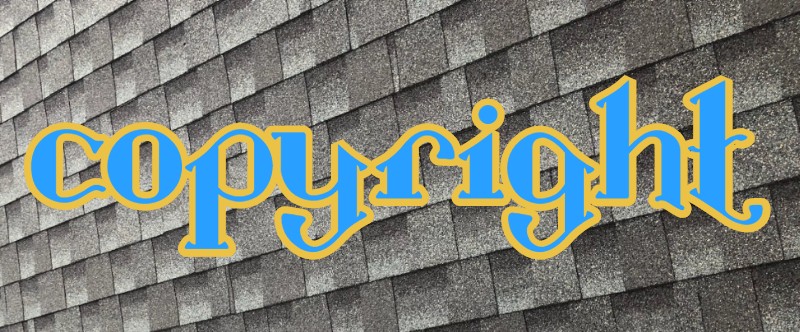Plaintiff sued defendants for violation of the provisions of the Digital Millennium Copyright Act (“DMCA”) that prohibit one from intentionally removing or altering any copyright management information (“CMI”) with the knowledge, or having reasonable grounds to know, that it will induce, enable, facilitate, or conceal a copyright infringement (17 U.S.C. § 1202(b)).

Defendants moved to dismiss, asserting that the court should reject plaintiff’s DMCA cause of action for failure to state a claim for which relief may be granted because copyright registration, which plaintiff admits it lacks, was a prerequisite for bringing suit under this provision of the DMCA.
The court denied the motion. It held that copyright registration was not a prerequisite to this sort of action.
Defendants had argued that the provisions of 17 U.S.C. § 411(a) required registration. That section provides that “no civil action for infringement of the copyright in any United States work shall be instituted until preregistration or registration of the copyright claim has been made in accordance with this title.” Defendants argued that this requirement applied to DMCA actions and tried to justify their position by asserting that (1) a plain reading of Section 1202(b) of the DMCA establishes that a claim brought thereunder constitutes a civil action for infringement, (2) the provisions of Title 17 of the United States Code, including 17 U.S.C. § 411(a), apply to the DMCA despite its silence as to those provisions, and (3) precedent shows that the registration requirement applies to the DMCA. The court rejected these arguments.
First, a plain reading of the DMCA did not establish that it is subject to the registration requirement found in 17 U.S.C. § 411(a). Such requirement pertains to “civil action[s] for infringement of the copyright.” However, a DMCA action under Section 1202(b) is not an action for infringement, but rather for the improper removal or alteration of CMI. Second, the court held that Section 411(a) need not apply to the DMCA merely because other provisions of Title 17 do. Finally, the case law defendants cited, including the recent Supreme Court case of Fourth Estate v. Wall-Street.com, did not indicate that registration is required for DMCA actions.
Diamondback Industries, Inv. v. Repeat Precision, LLC, 2019 WL 5842756 (N.D.Tex., November 7, 2019)
See also:
About the Author: Evan Brown is a Chicago technology and intellectual property attorney. Call Evan at (630) 362-7237, send email to ebrown [at] internetcases.com, or follow him on Twitter @internetcases. Read Evan’s other blog, UDRP Tracker, for information about domain name disputes.
